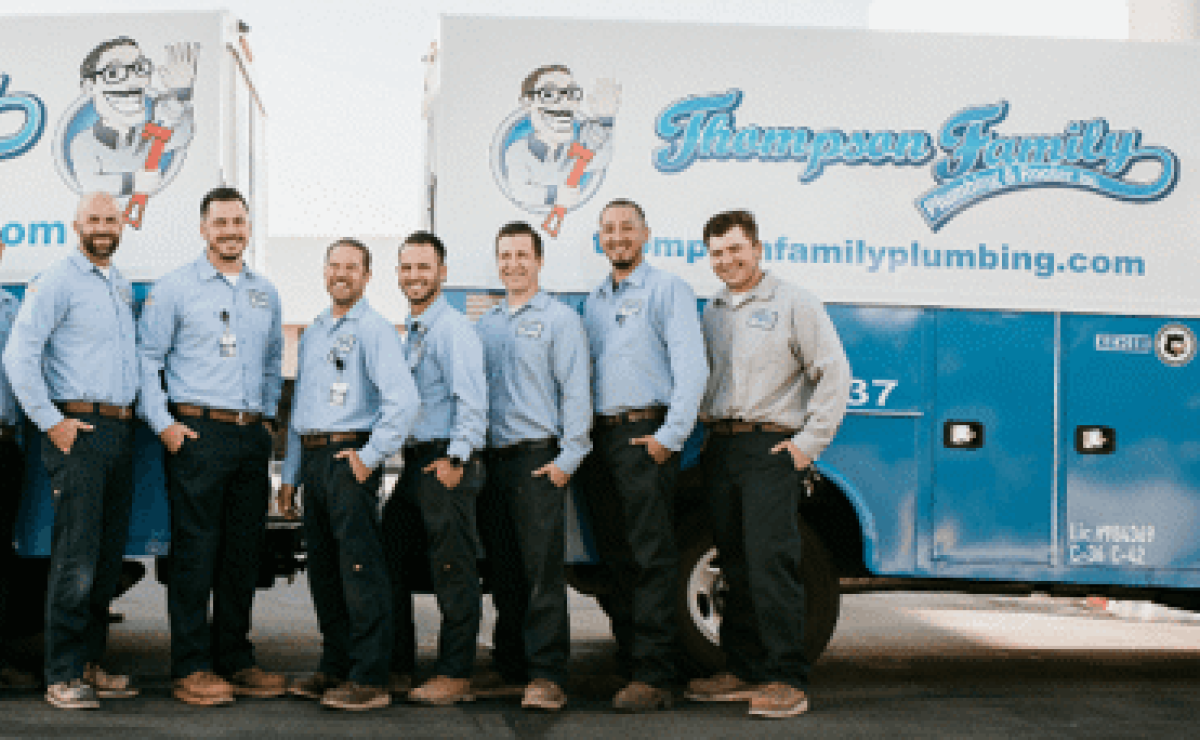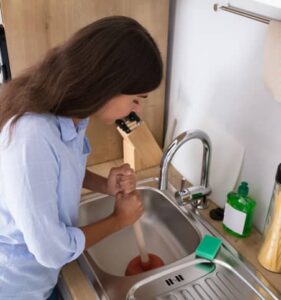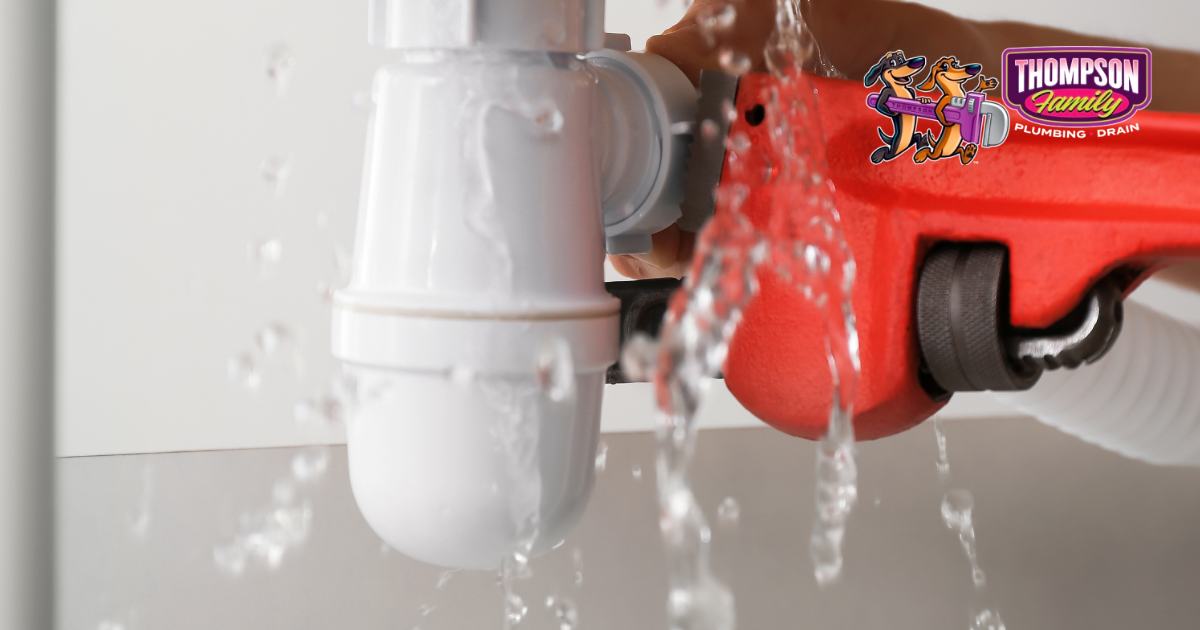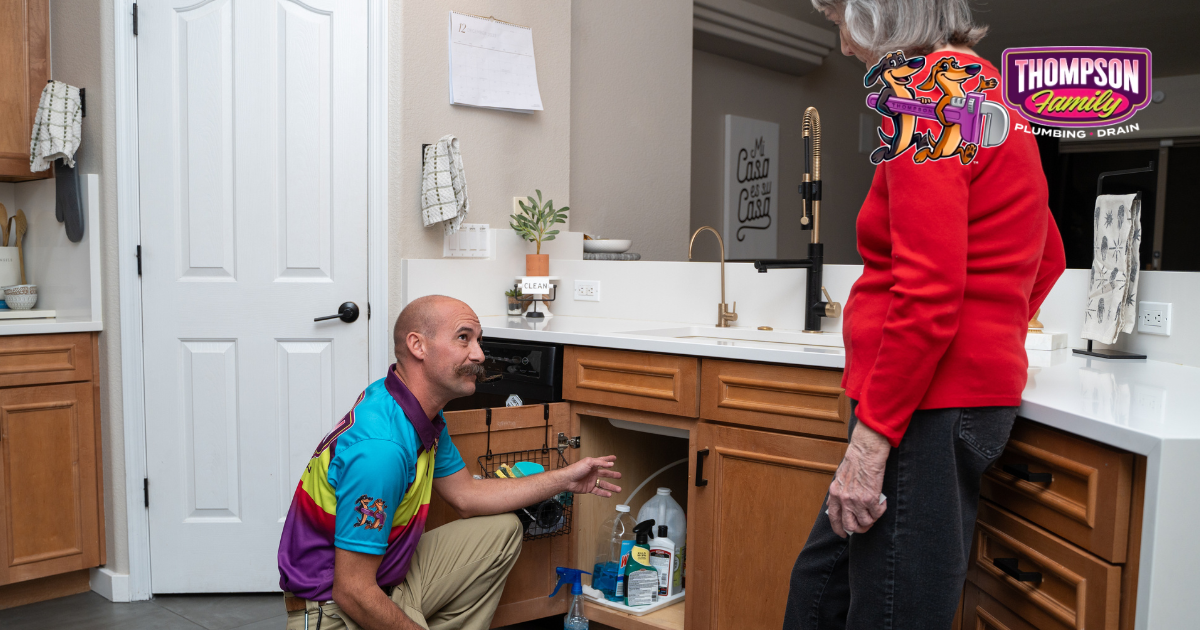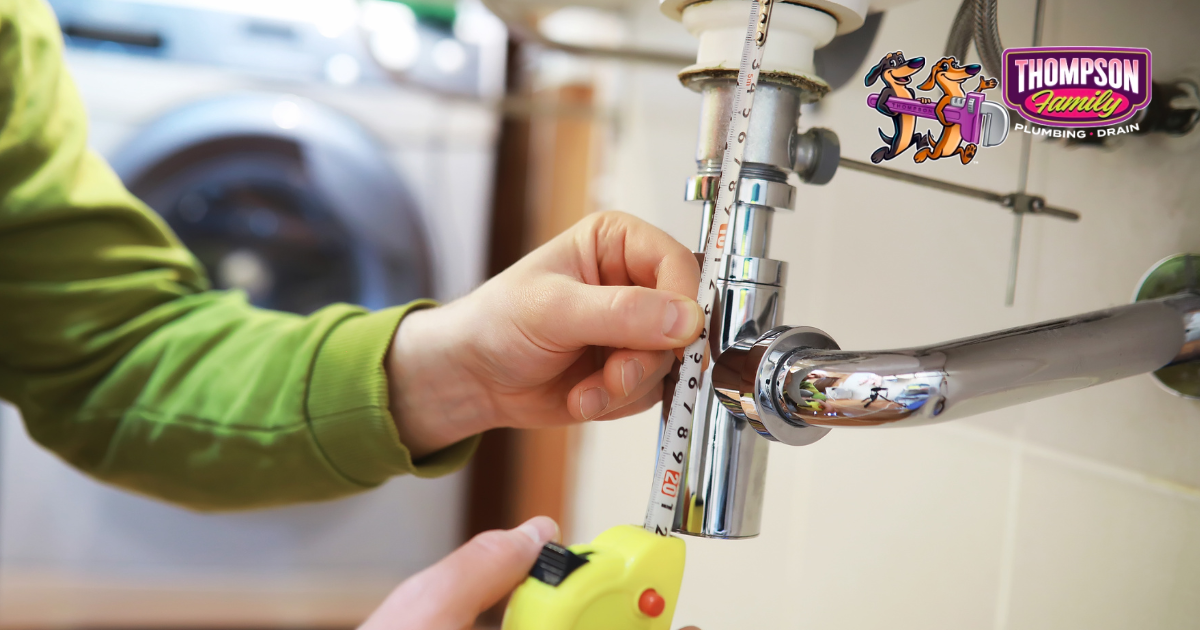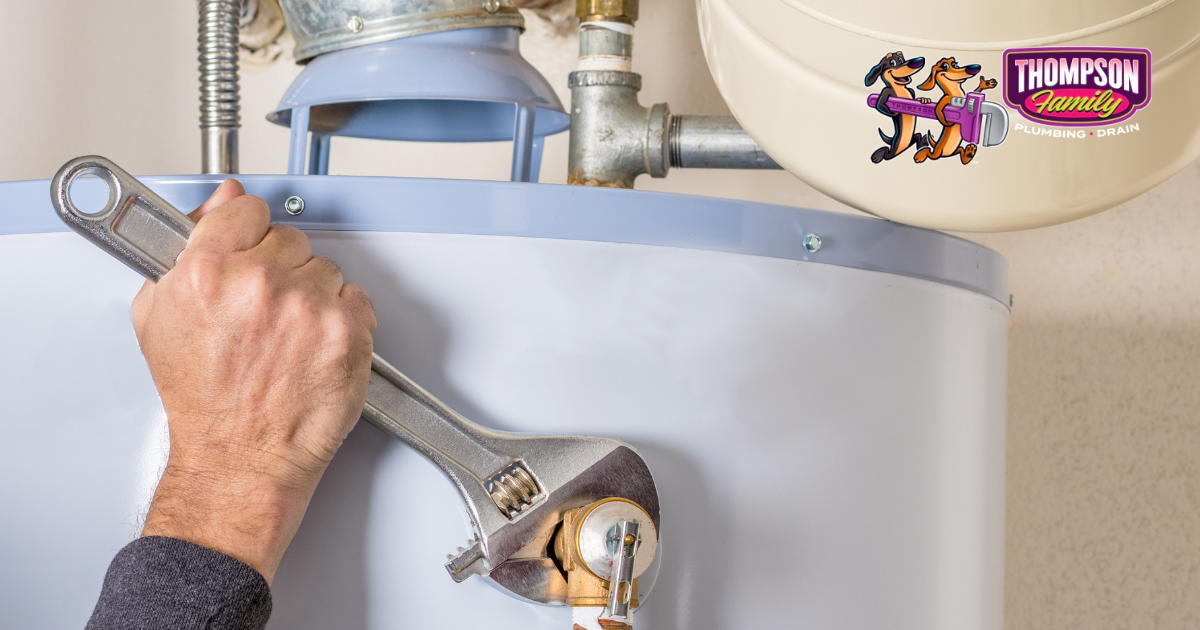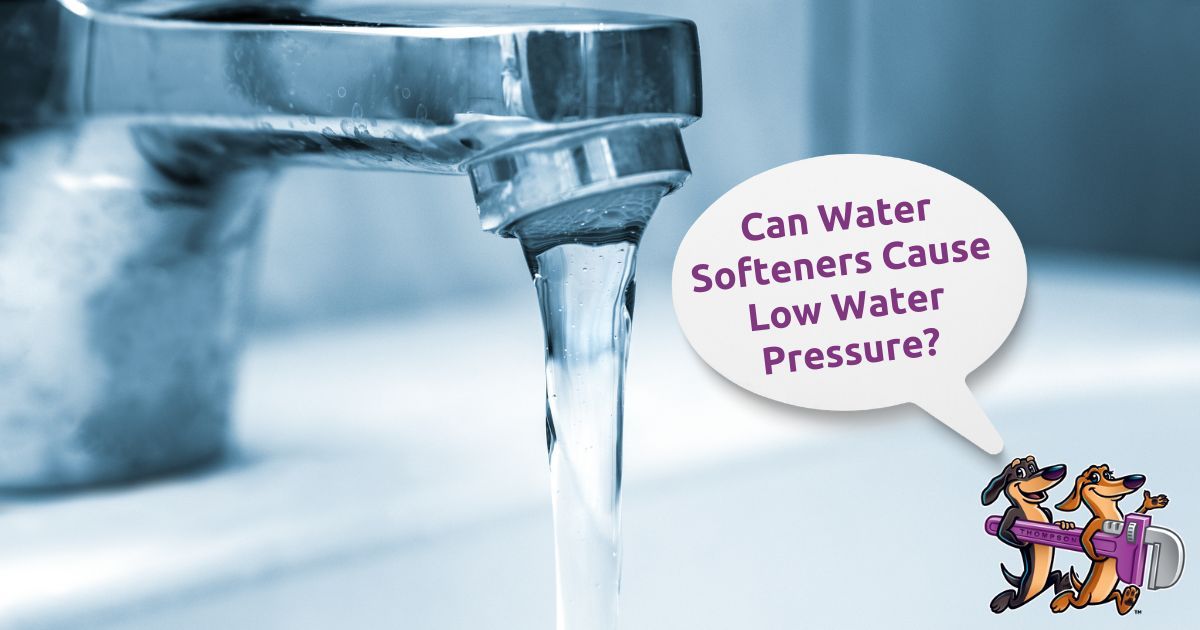Home Plumbing Repairs
Clogged Drains
- Use a plunger.
- Fill the sink or bathtub with enough water to cover the plunger, then push and pull the plunger several times to loosen the blockage.
- Try mixing baking soda and vinegar if that doesn’t work.
- Pour a cup of baking soda down the drain, followed by vinegar.
- Let it sit for about 10 minutes, then flush with hot water.
- Repeat the process if necessary.
Running Toilet
A running toilet can waste water and increase your monthly water bill. Check the flapper valve located at the bottom of the tank to fix it. If it’s damaged or worn, replace it. If it’s not the flapper valve, check the flush handle. Make sure it’s not loose and tighten it if necessary. If these two solutions don’t work, you may need to call a professional plumber.
Leaky Faucet
- Tighten the handle.
- If that doesn’t work, remove the hold, and inspect the washer or O-ring.
- Replace it if it’s damaged or worn out. If the issue persists, you may need to call a professional plumber.
Low Water Pressure
Check the aerators on your faucets. They can become clogged with mineral buildup or debris over time. Clean or replace them if necessary. If that doesn’t work, check the main shutoff valve for the house. Make sure it’s fully open.
No Hot Water
- Check the thermostat on your water heater.
- Make sure it’s set to the desired temperature.
- If it’s not the thermostat, check the heating elements. If they’re damaged, you may need to replace them.
- If none of these solutions work, check the circuit breaker for the water heater.
- Make sure it’s not tripped.
Always turn off the main water supply before any plumbing repairs. Call a professional plumber if you need clarification on the repair or if the issue is serious. Don’t attempt any repairs that you’re uncomfortable with or believe may be dangerous.
Safety Considerations for Homeowners When Working with Plumbing Systems
If you’re a homeowner who is not an expert in plumbing, you must be aware of the potential dangers of working with plumbing systems. Here are some things to keep in mind:
- Hazardous chemicals: Some chemicals used in plumbing, such as lead and asbestos, can be toxic and harm your health. If you’re handling these chemicals, taking the necessary precautions to protect yourself is crucial.
- Electrical shock: When working on pipes, you may come into contact with electrical systems, which can result in electrical shock.
- Cuts and puncture wounds: Sharp tools and pipes can pose a risk of cuts and puncture wounds. Always use tools carefully and wear protective gear to minimize the risk of injury.
- Falls: If you’re working in a confined space, on a ladder, or in an elevated area of any kind, there’s a risk of falling. It’s essential to follow proper safety procedures and use appropriate equipment.
If you’re unfamiliar with plumbing, it’s best to hire a professional to handle any plumbing work you need. This will help keep you and your home safe and ensure that the work is done correctly.
Preventing Plumbing Problems at Home
Plumbing problems can be a significant headache, leading to costly repairs and interruptions in your daily routine. You can take several steps to prevent plumbing issues from arising in the first place. Here are some tips to keep your home’s plumbing system functioning smoothly.
Regular Maintenance
One of the best ways to prevent plumbing problems is to perform regular maintenance on your system. Easy things you can do on your own include:
- Checking the pipes and fixtures for leaks
- Ensuring that your water heater is functioning well
- Cleaning out clogs in your drains
Regular maintenance will help you catch minor problems before they become major issues that require expensive repairs. In addition to our repair services, Thompson Family Plumbing and Drain offers routine maintenance to check the health of your plumbing system and correct small problems before they become major issues.
Fix Leaks Immediately
If you notice a leak, it’s essential to address it immediately. Big leaks stem from small ones. It is better to fix minor leaks before they pose a big threat.
Avoid Flushing Non-Degradable Items
Be mindful of what you flush down the toilet. Items such as wipes, paper towels, and feminine hygiene products can clog your pipes, leading to a costly and inconvenient plumbing issue. Make sure to only flush toilet paper and human waste to keep your lines flowing smoothly.
Properly Dispose of Grease
Properly dispose of grease when cooking. Grease can solidify in your pipes and cause clogs, leading to slow-draining sinks and even complete blockages. To prevent this, let grease cool, pour it into a disposable container and throw it in the trash. Avoid pouring grease down your sink or toilet at all costs.
If you have a bigger issue that requires professional plumbing support, don’t hesitate to call us for 24/7 emergency services. We’re standing by to take your call! Dial (800) 483-0784 to get in touch!

